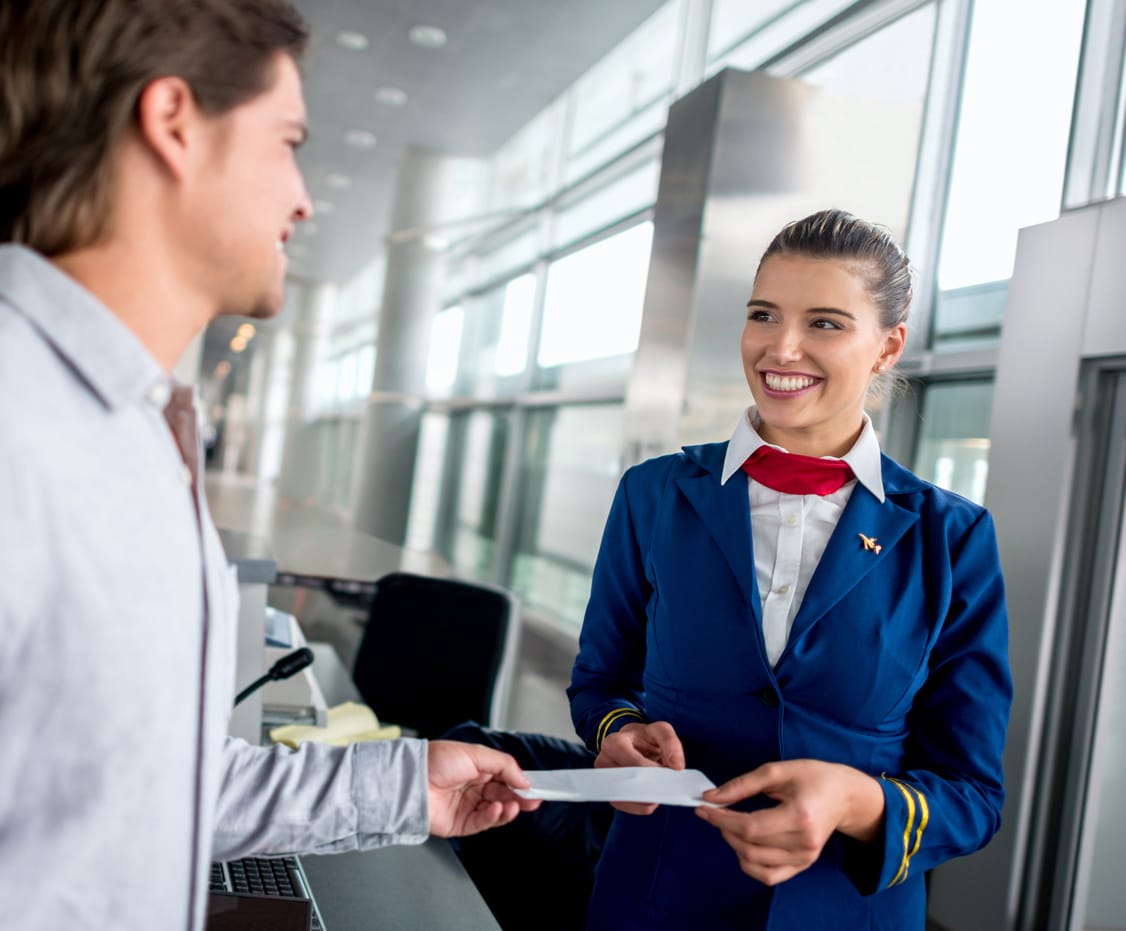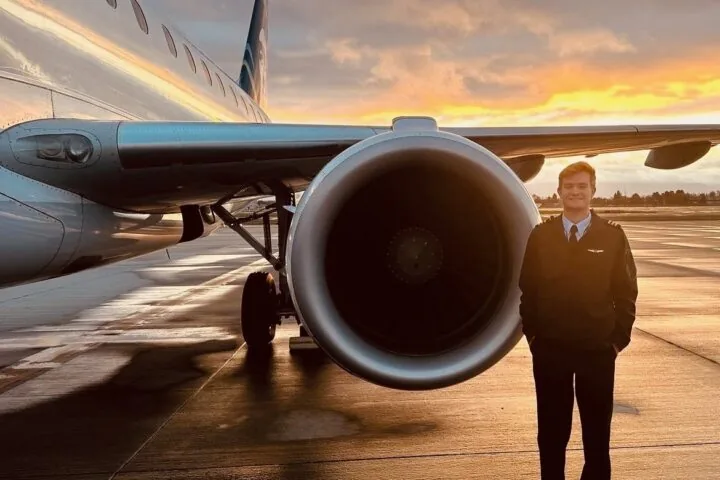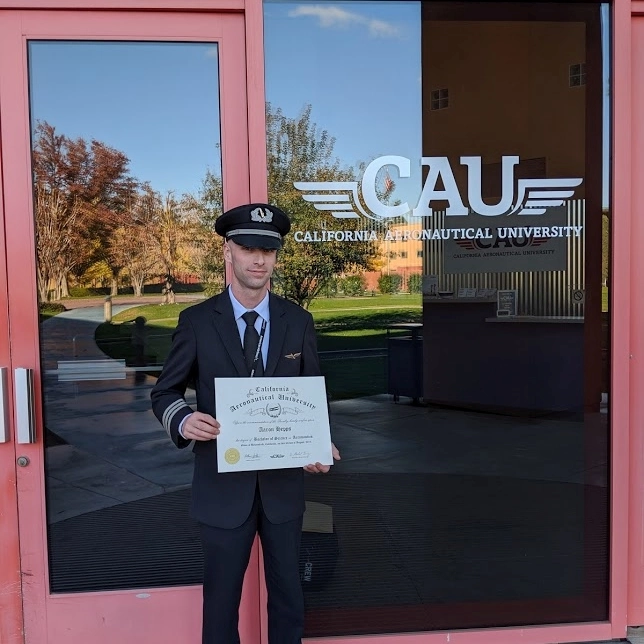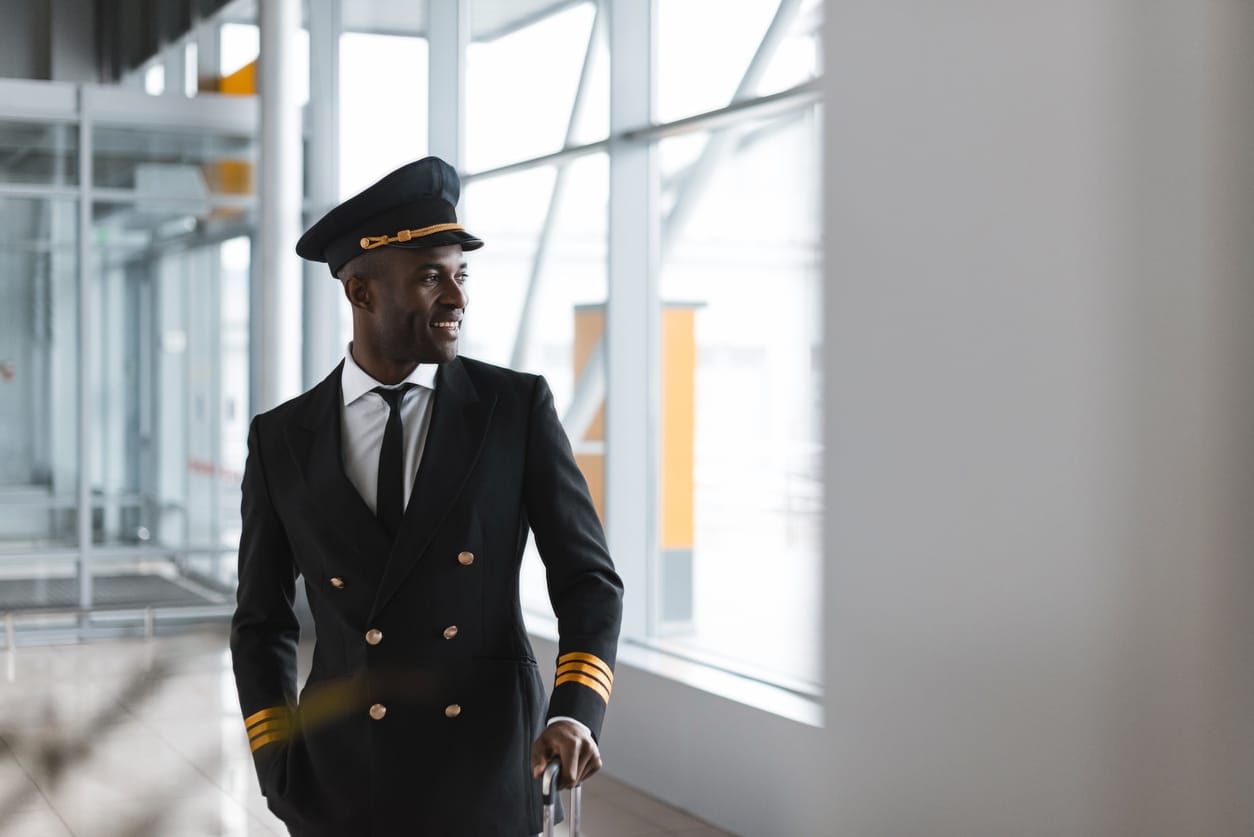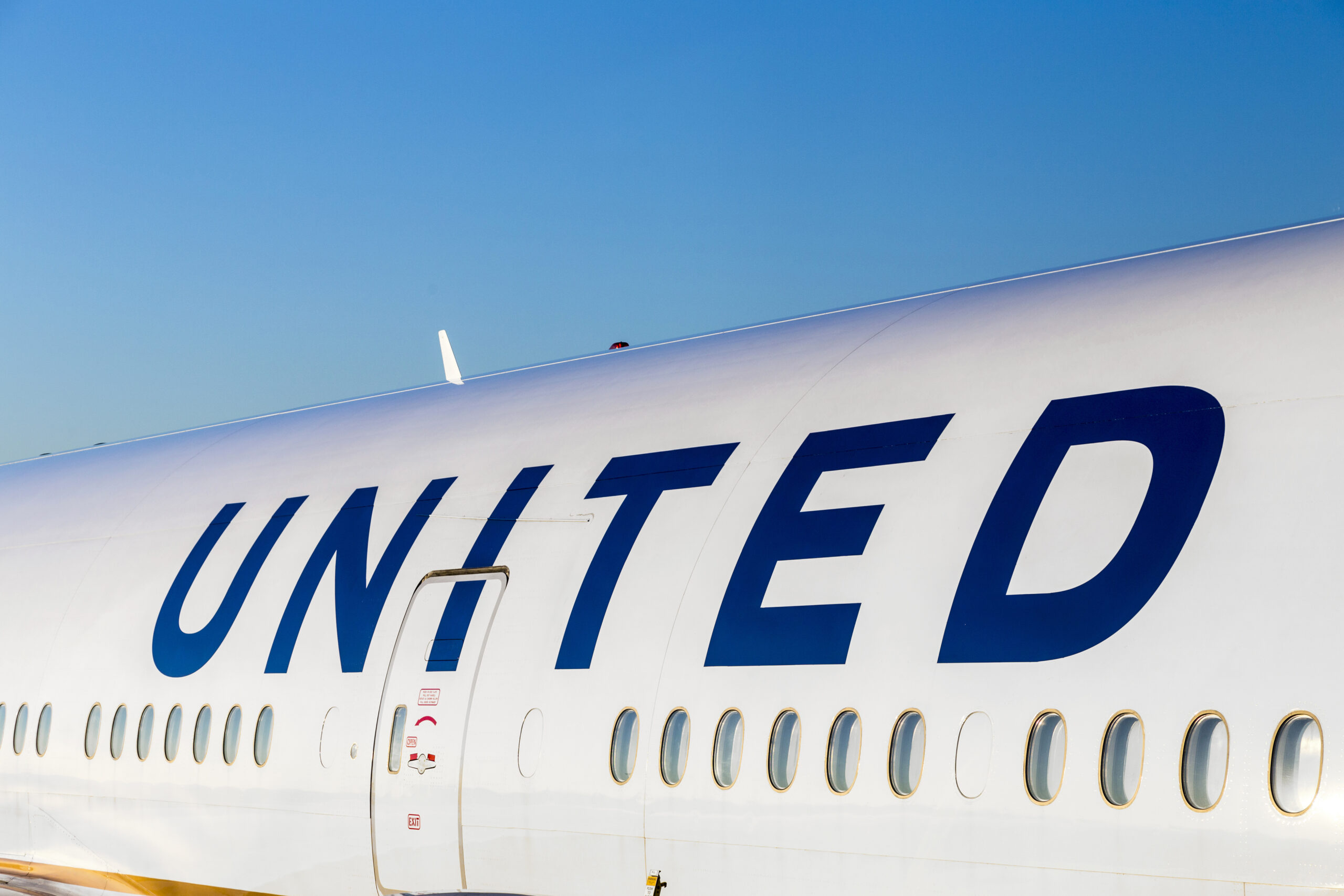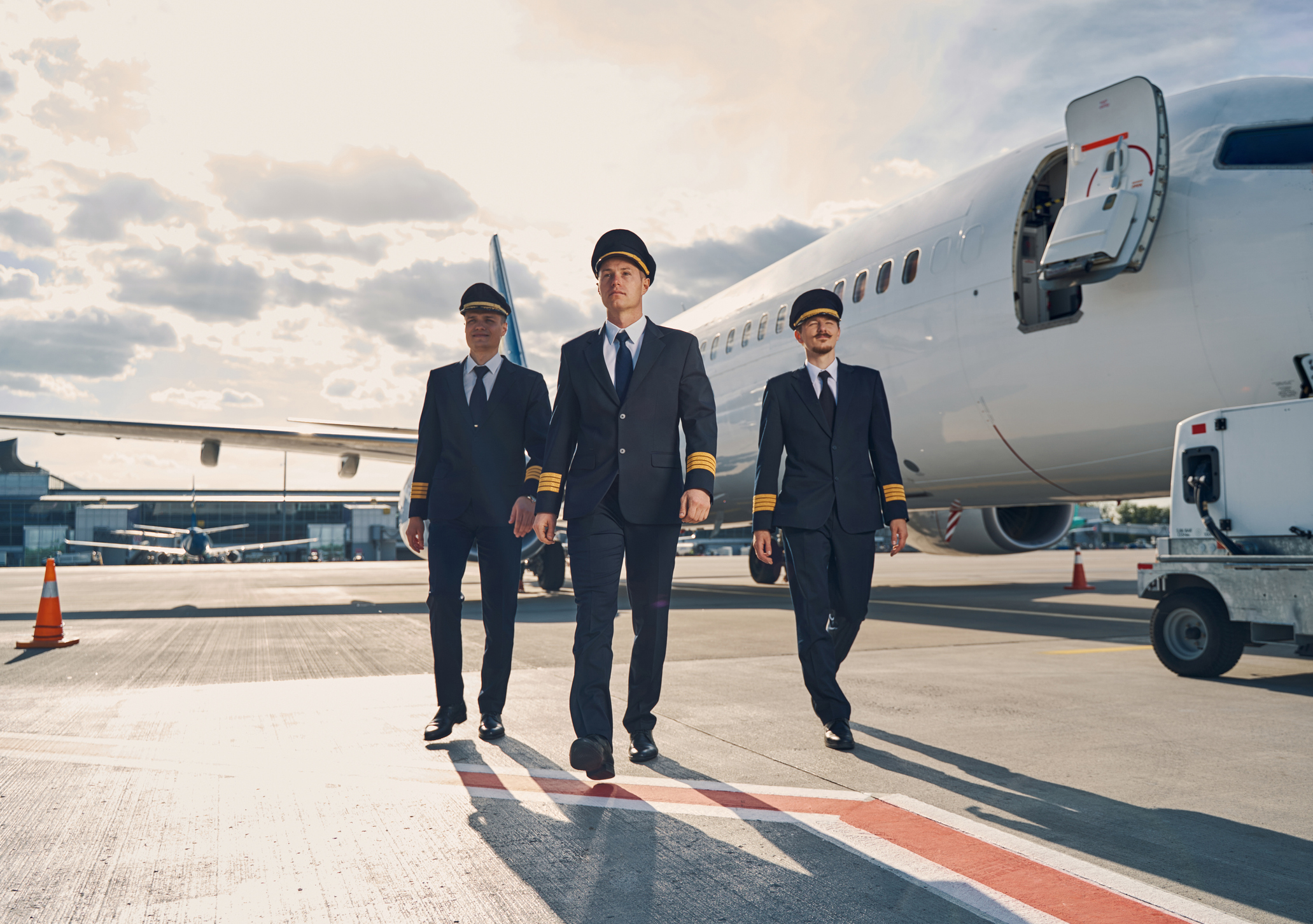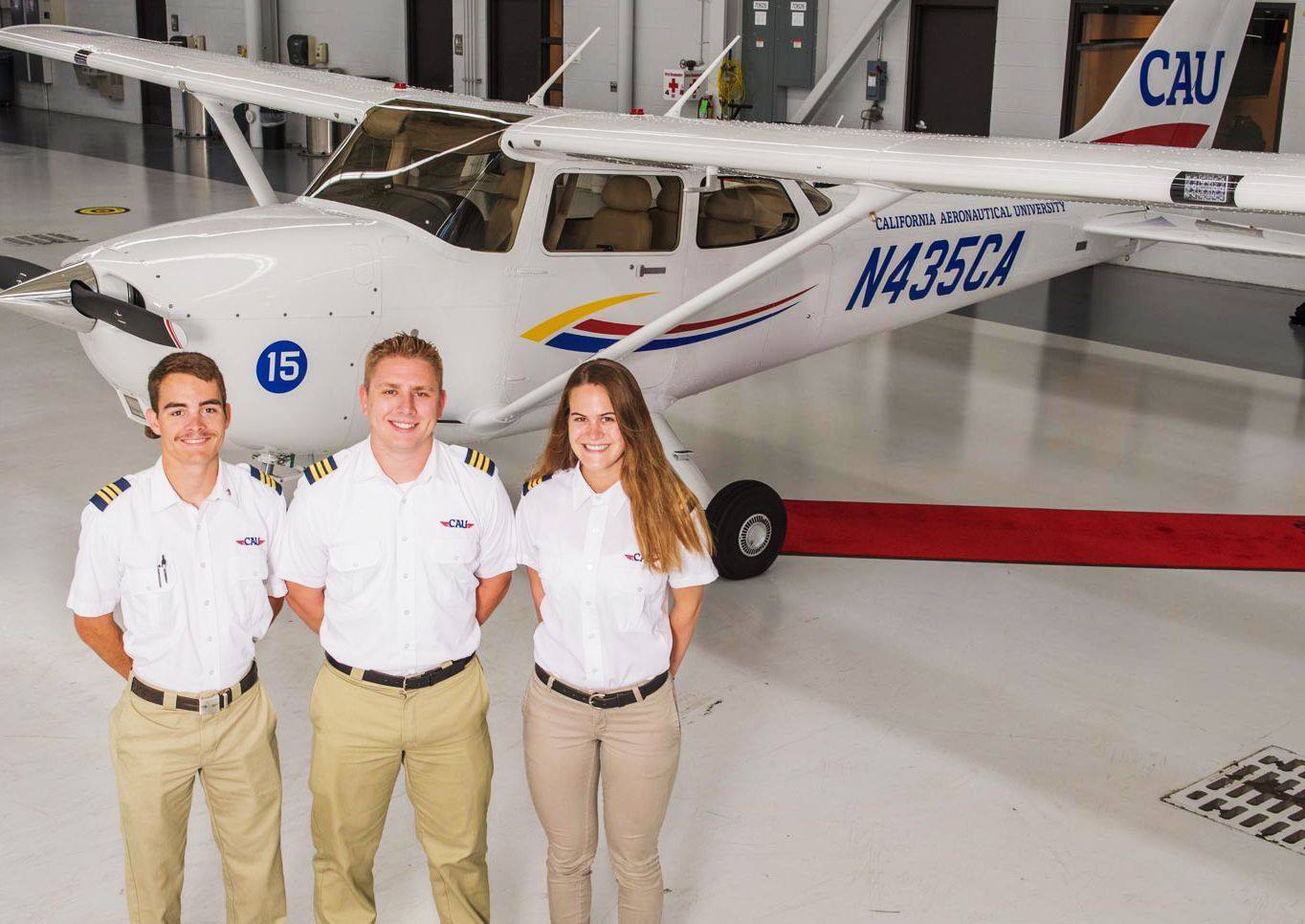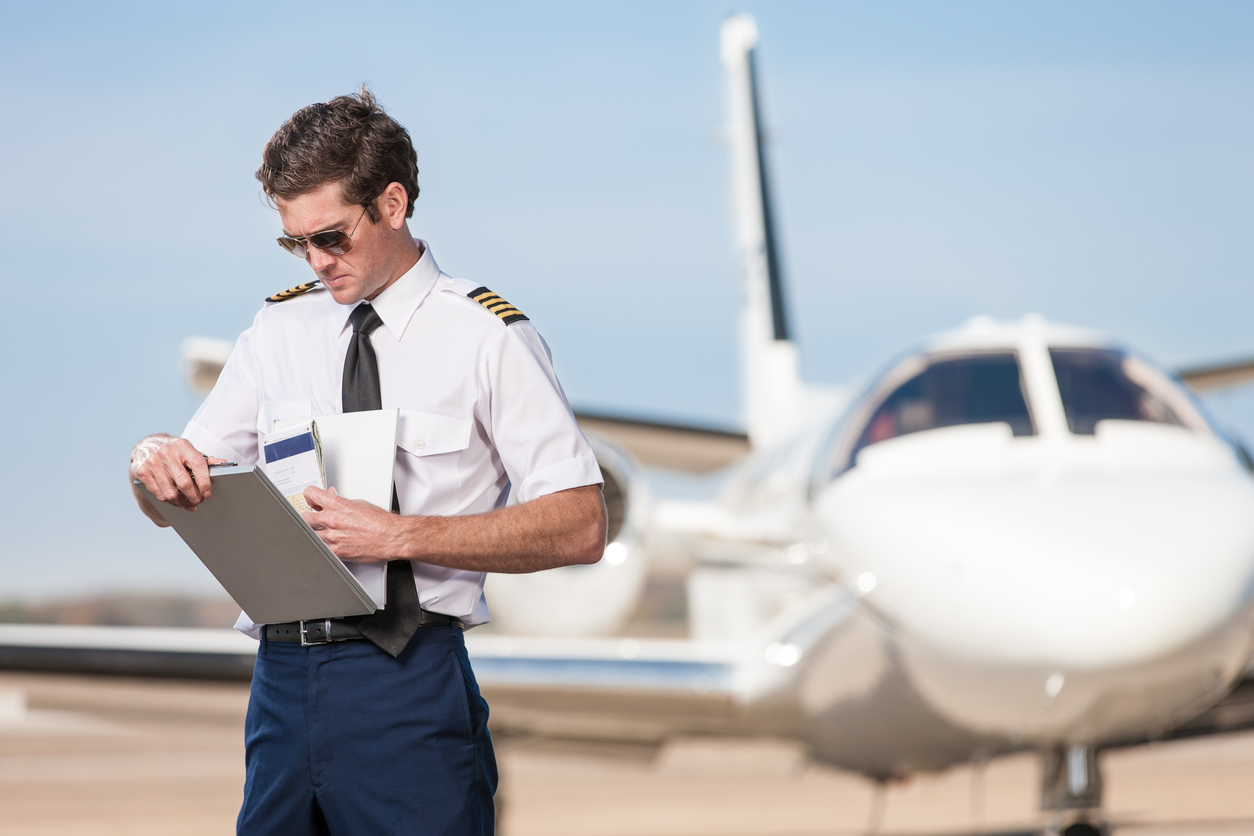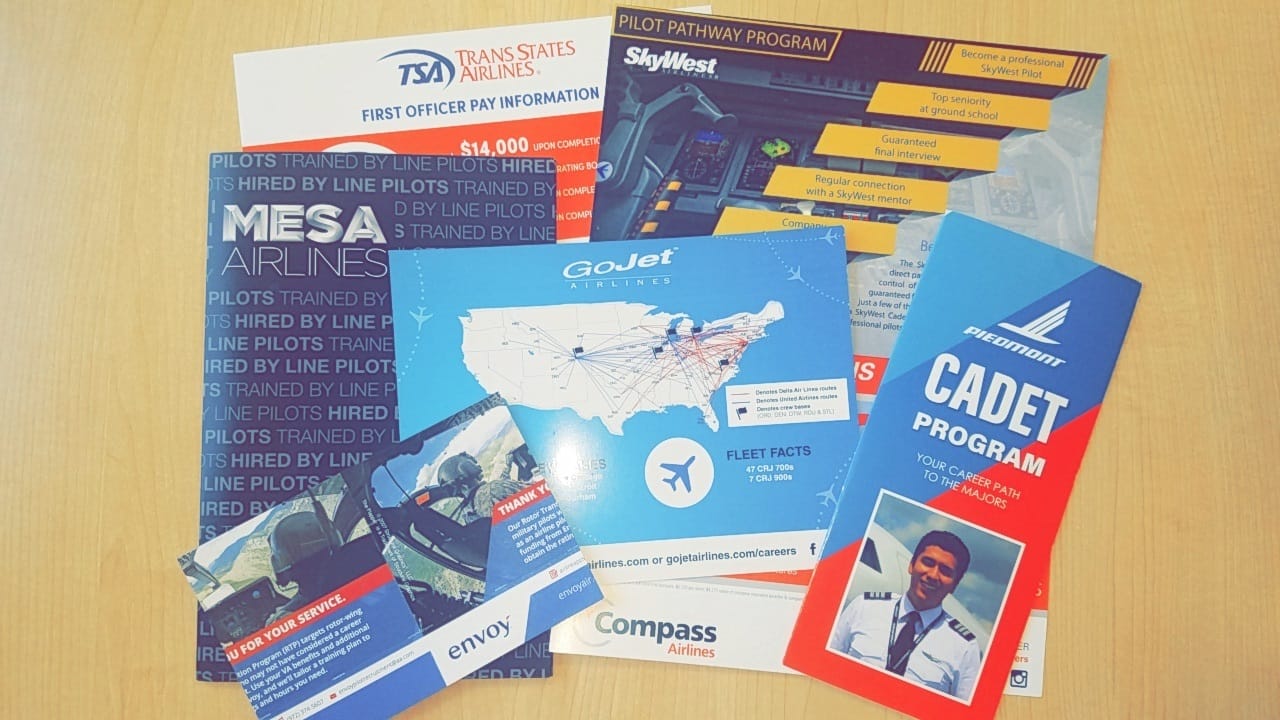The airline industry offers many exciting career opportunities which range throughout the salary scale. If the goal is to simply work around airplanes, the current economic climate and shifting expectations regarding student loans means that many paths are open.
As long as certifications, logged hours, and background checks are in order, a career in the airline world is possible for anyone with a strong work ethic, level head, and ability to work well with structure and detail.
Basic Qualifications for Pilots
Formerly, to pilot or work with airplanes, one usually flowed to airlines from the military. Today, while many former members of the four branches do indeed become members of the airline world, that’s no longer the case. It’s possible to leave a completely different industry for the airline world. Some pilots in the airline industry migrate over from cargo work or jobs in general aviation. Former military pilots may qualify for the airlines with only 750 hours due to the quality of their training and to account for differences in the way the military records flight time versus civilian flying. However, becoming a pilot in the military is only one route to an airline job.
Per FAA rules, an airline First Officer needs a Commercial Pilot certificate and are required to have 1,500 hours flying experience. They must also possess an Airline Transport Pilot certificate, or otherwise qualify for a restricted ATP under a variety of programs. The most common r-ATP is to be a graduate of certain approved college programs and have 1,000 hours in the air. In addition, university programs will authorize the r-ATP as 1,250 hours.
Most people build the required hours towards the ATP certificate by flight instructing, or by pipeline and powerline patrol, aerial survey, banner towing, skydive flying, and night cargo. All those jobs bridge the gap between 250 hours with the Commercial pilot certificate and 1,500 hours needed for ATP. Once a pilot has those hours, then he or she must attend a course known as the ATP Certification Training Program or ATP CTP.
The CTP is generally seven days long and involves four days of classroom study and three days flying a simulator. It is not graded, simply a requirement to attend before taking the ATP written test. Most, if not all, airlines pay for the CTP course for pilots they intend to hire who do not already have the ATP certificate.
Upon completing the CTP, the pilot will take the ATP knowledge exam, and then he or she has two years to take the ATP practical test, with is usually done in conjunction with an aircraft type rating. This varies by airline. A type rating is required for anything turbojet-powered or has a maximum gross takeoff weight above 12,500 lbs.
Additional and Specific Qualifications for Pilots
First Officers may spend some time in the right seat before they are eligible to upgrade to Captain; these standards differ from company to company. Some major airlines hire directly from affiliated regional airlines, while others accept only outside applications. In nearly all cases, a clean criminal record is strongly desired but not an absolute necessity.
No regional airline right now requires a college degree– simply the hours for ATP. Some major airlines require a college degree, while others do not. Delta Airlines, for example, requires a four-year college degree. Southwest, American, and United do not specifically necessitate a degree, but prefer one; Southwest demands at least three letters of recommendation. Other requirements such as minimum age standards for major airlines vary and usually adjust according to personnel flow and the health of the industry.
Flight Attendants
Patient, flexible people with excellent customer service skills make for the best flight attendants. Formerly, flight attendants were all registered nurses, a requirement which vanished as women with medical expertise rushed to serve in WWII. Although female flight attendants were known as “stewardesses and “air hostesses,” men served as attendants as well. They were called “stewards” or, in the United Kingdom, “cabin boys.” As women largely took over the role, they faced height, age, and weight restrictions; they could not be married, over five foot five, weigh no more than 118 pounds, or be over the age of 26.
Today, physical standards are much more realistic, and married women of all ages may become flight attendants. Airlines now demand a high school degree, and applicants must be able to reach storage bins in the cabin (if even while standing on their tiptoes.) Most ask that flight attendants, both male and female, have at least 20/30 vision. Grooming demands vary by airline; some allow non-natural hair colors or tattoos, but all require adherence to a uniform code. Men are typically held to specific grooming standards regarding facial hair as well. In the majority of positions, all flight attendants and pilots must hold valid passports. Some have age requirements, as many flight attendants find themselves selling and serving alcohol.
Ticket Agents
More than the pilots and even the flight attendants, ticket agents are the face of the airline. Although it’s not likely they might face a safety emergency like flight attendants do, they must still be able to work through stressful situations and customer service nightmares.
As e-tickets become more ubiquitous, ticket agents are increasingly finding themselves in many different roles. They may book, ticket, or check in passengers with larger bags outside TSA checkpoints. Airlines require high school diplomas of ticket agents, although, since they will not be selling alcohol, most airlines hire ticket agents below legal drinking age.
Ticket agents are trained on the job and coached on using booking software, the policies of the airline, and specific training on customer service. Most importantly, ticket agents must be able to safely lift between 60 or 70 pounds. Depending on the airline or airport location, ticket agents may find themselves in the role of ramp agents, loading luggage and marshaling aircraft. While the job is demanding, ticket agents usually enjoy the same flight privileges as flight attendants and pilots.
Ready to soar in your aviation career?
Mr. Matthew A. Johnston has over 23 years of experience serving various roles in education and is currently serving as the President of California Aeronautical University. He maintains memberships and is a supporting participant with several aviation promoting and advocacy associations including University Aviation Association (UAA), Regional Airline Association (RAA), AOPA, NBAA, and EAA with the Young Eagles program. He is proud of his collaboration with airlines, aviation businesses and individual aviation professionals who are working with him to develop California Aeronautical University as a leader in educating aviation professionals.
